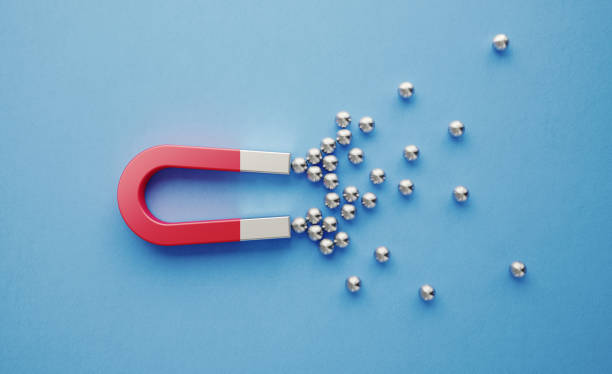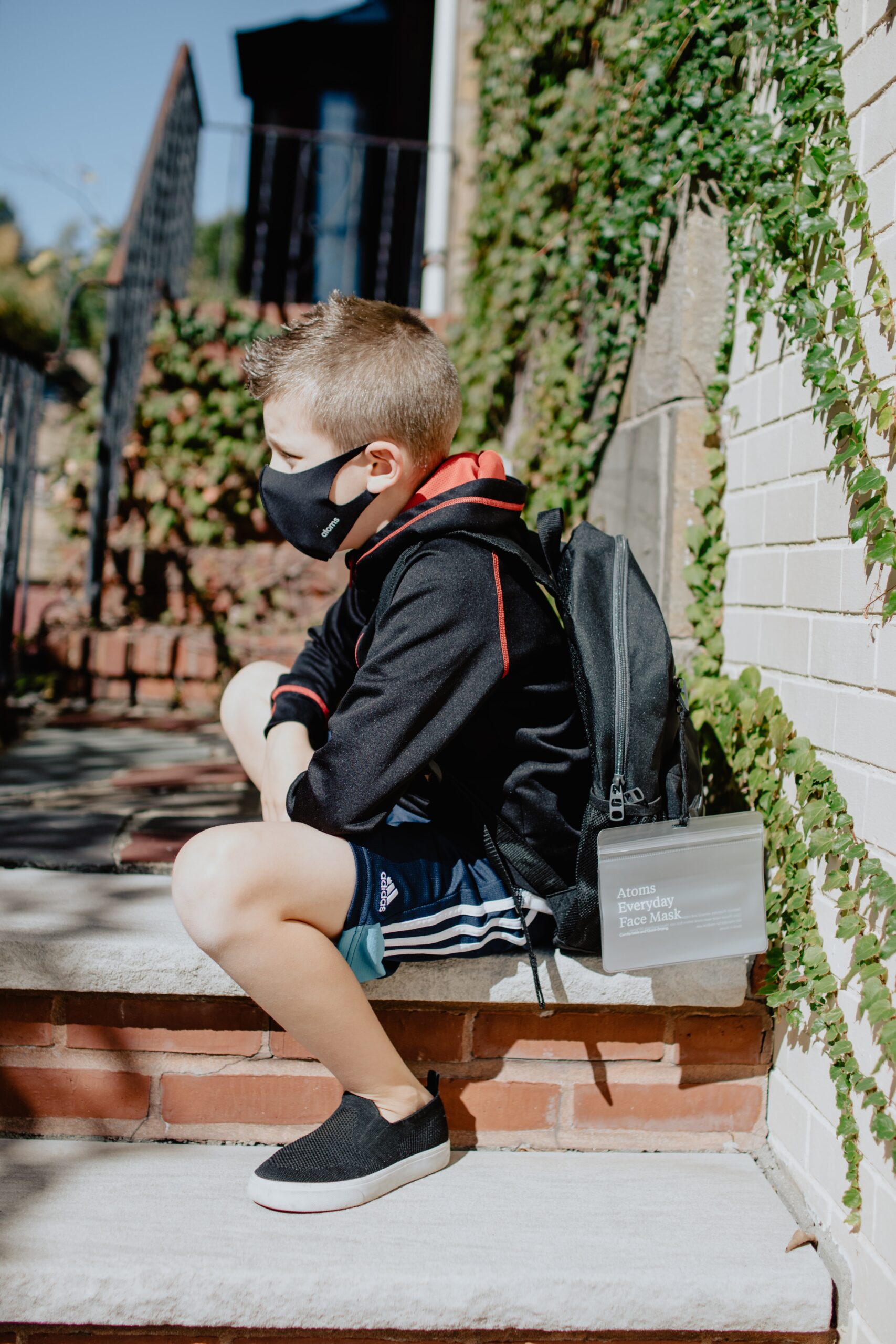6 Psychological Things That Make You Less Attractive

Do you have a pretty good idea about what it is you’re attracted to in another person? Perhaps it’s the eye colour, height, or smell? In social psychology, interpersonal attraction is defined as a positive attitude or evaluation regarding a particular person, which consists of three components: behavioural (tendency to approach the person), cognitive (positive beliefs about the person), and affective (positive feelings for the person). Interpersonal attraction can take up many different shapes, such as friendship, romantic relationship, liking, or the need for group association.
With that said, below are 6 psychological things that make you less attractive:
- Being sleep-deprived
When meeting someone new, what is the first thing you notice about the person? Do you look at how they dress? Or perhaps you notice their smile? It is undeniable that the most obvious trait to evaluate is one’s appearance. As a matter of fact, according to a study by Sundelin and colleagues from Sweden University, people’s attractiveness is decreased when they are sleep deprived and look tired. In the study, the researchers studied the response of 122 people to the photographs of 25 sleep-restricted participants. The raters evaluated the attractiveness, health, sleepiness, and trustworthiness of the participants, and how much they would like to socialise with the participants. The results of the study indicated that the raters deemed the sleep-deprived participants less attractive and the raters were less inclined to socialize with the participants.
- Body smell

It’s common knowledge that you would be less attracted to people with bad body odour, but what about having a body odour which is too similar? Would that affect how you perceive the other person’s attractiveness? Wedekind and colleagues found that a woman’s perception of a man’s body odour is influenced by how many elements of their major histocompatibility complex (MHC) profile they share. In other words, while one woman might find a man’s particular body odour alluring, another might find it not attractive. The respondents revealed that the smells that they preferred pointed to current or former romantic relationships about twice as often as the smells of men with similar MHC profiles.
- Excessive focus on appearance
How many hours do you spend every morning on clothes, hair, and makeup? While it is true that beauty is only skin deep, nevertheless, when you look good, you’ll feel good as well. At least in initial encounters, Swami and Furnham found that people are strongly influenced by partners’ physical attractiveness. However, this is different when you are too consumed by your appearance. Most people will want to walk away from you if your emphasis is on what is superficial rather than the substance.
- Not being humble

“Pride makes us artificial and humility makes us real.”
-Thomas Merton
When you manage to score that goal in the final game, do you feel that it happens solely because of the hard effort that you put into the training? Or, are you humble and credit the success to your teammates? According to an article by Tongeren, Davis, and Hook, published in the Journal of Positive Psychology, humility promotes the initiation and maintenance of romantic relationships. Humble potential dating partners were perceived as more attractive than arrogant ones.
- Overly smiley or too proud
What do you notice when you look at your photographs? Do you flash your broad smile? Or maybe you raised your head and puffed up your chests? Perhaps you have a lowered head and an averted gaze? Tracy and Beall conducted a study to explore differences in assessing the attractiveness of non-verbal expressions of common emotions like happiness, pride, and shame among heterosexual men and women in North America. Researchers found that men were most attracted to women who appeared happy, and least attracted to women who appeared proud and confident. Contrary to this, women are least attracted to men who are overly smiley, and instead prefer those who appear proud.
- Contractive body language

When you are talking with a person, how do you pose? Do you adopt contractive postures such as crossing your arms or hunching your shoulders? Or do you display expansive positions, like holding your arms upward in a V shape? A team of researchers at the University of California at Berkeley, Stanford University, the University of Texas at Austin, and Northwestern University found that people become more attractive when they display their bodies expansively, as the person would be perceived as having dominant and open behaviour. In contrast, contractive body language decreases one’s romantic desirability.
Final thoughts
Oftentimes, we correlate attraction to physical beauty. However, being attractive is more than just a physical appearance. True attraction is being attracted to the whole person, their essence; with flaws and all.
REFERENCES
Sundelin, T., Lekander, M., Sorjonen, K., & Axelsson, J. (2017). Negative effects of restricted sleep on facial appearance and social appeal. Royal Society Open Science, 4(5), 160918. https://doi.org/10.1098/rsos.160918
Swami, V., & Furnham, A. (2008). The psychology of physical attraction. New York, NY: Routledge/Taylor & Francis Group.
Tracy, J., & Beall, A. (2011). Happy guys finish last: The impact of emotion expressions on sexual attraction. Emotion, 11(6), 1379-1387. https://doi.org/10.1037/a0022902
Vacharkulksemsuk, T., Reit, E., Khambatta, P., Eastwick, P., Finkel, E., & Carney, D. (2016). Dominant, open nonverbal displays are attractive at zero-acquaintance. Proceedings Of The National Academy Of Sciences, 113(15), 4009-4014. https://doi.org/10.1073/pnas.1508932113
Van Tongeren, D., Davis, D., & Hook, J. (2014). Social benefits of humility: Initiating and maintaining romantic relationships. The Journal Of Positive Psychology, 9(4), 313-321. https://doi.org/10.1080/17439760.2014.898317
Wright, P., Stern, J., & Phelan, M. (2012). Core Psychiatry (Third Edition), 63-82, https://doi.org/10.1016/B978-0-7020-3397-1.00005-7.



Responses